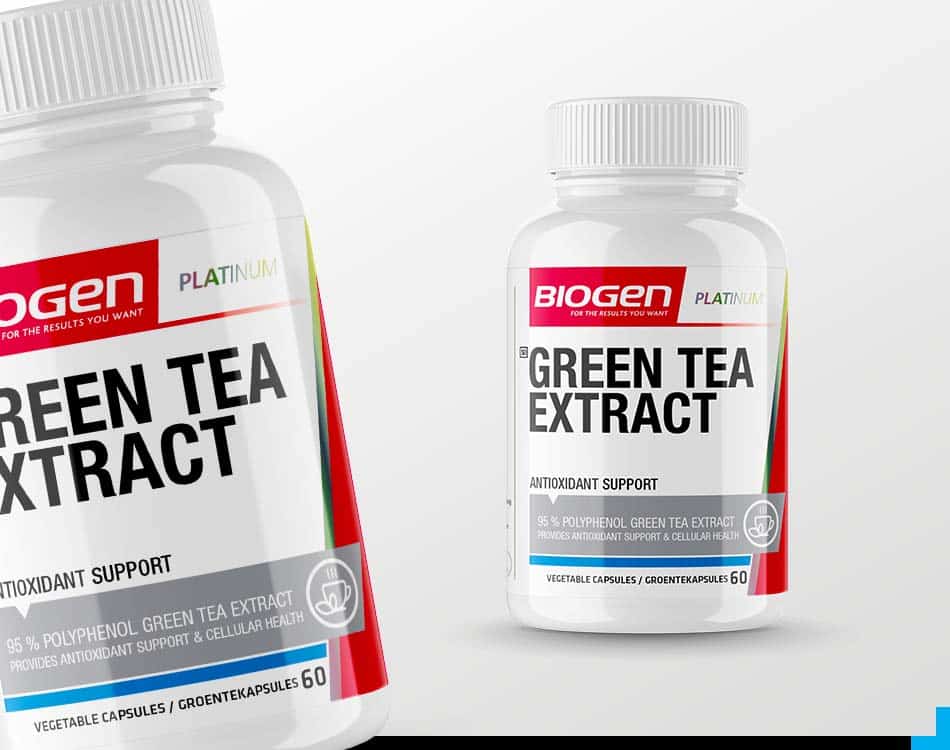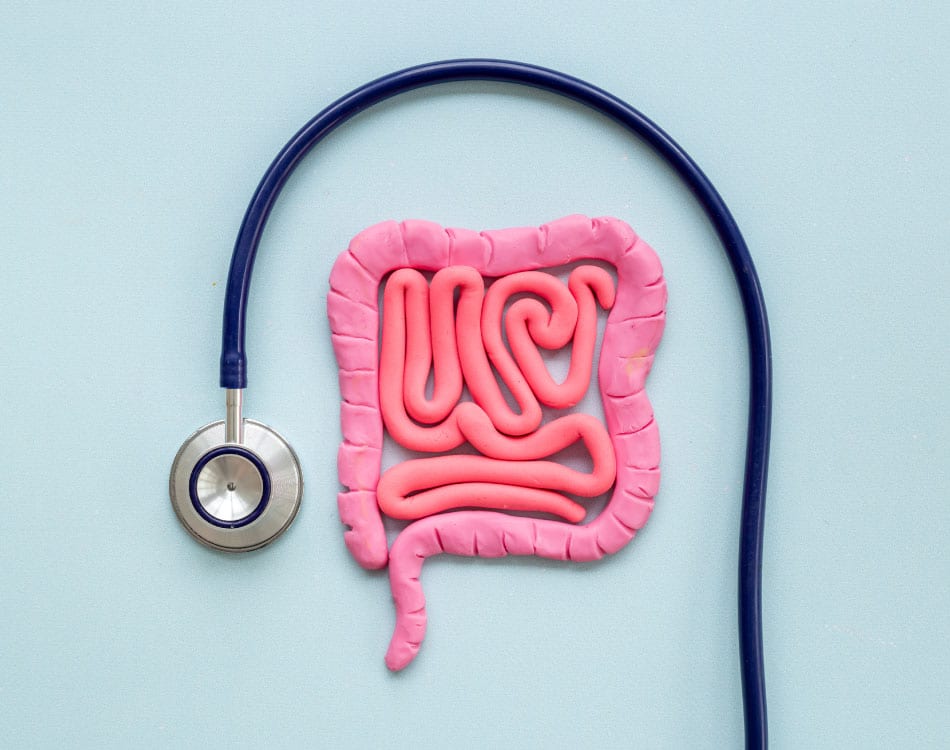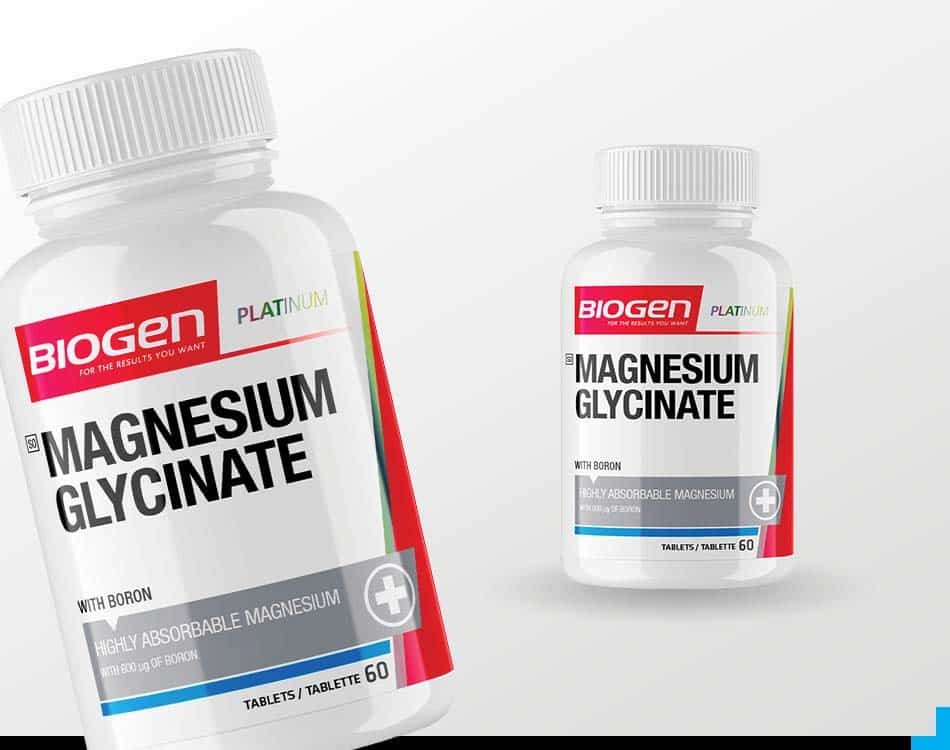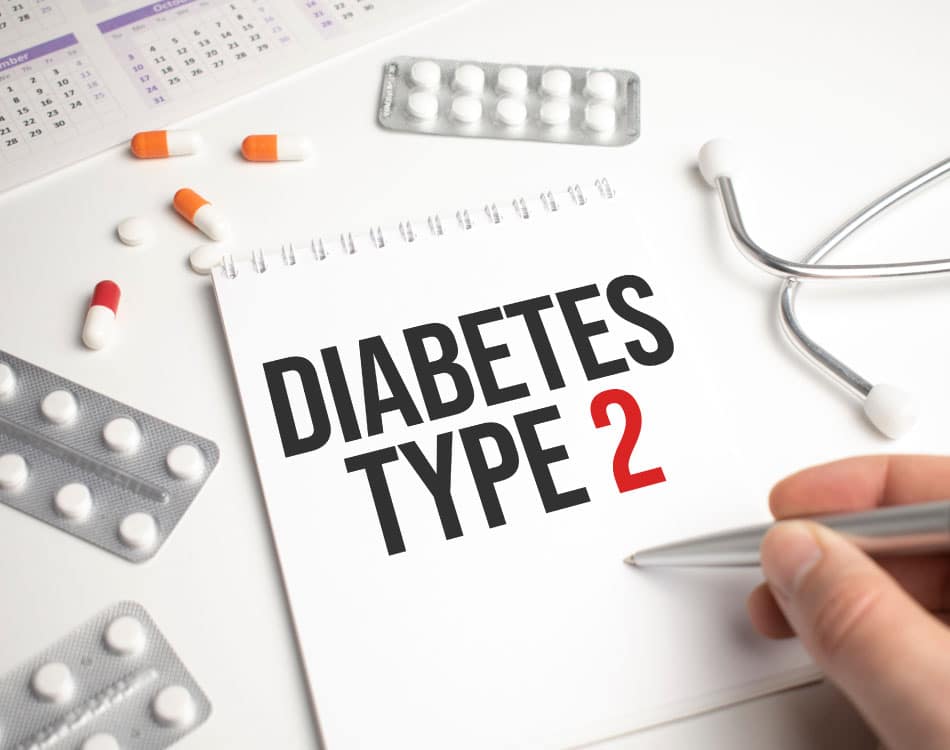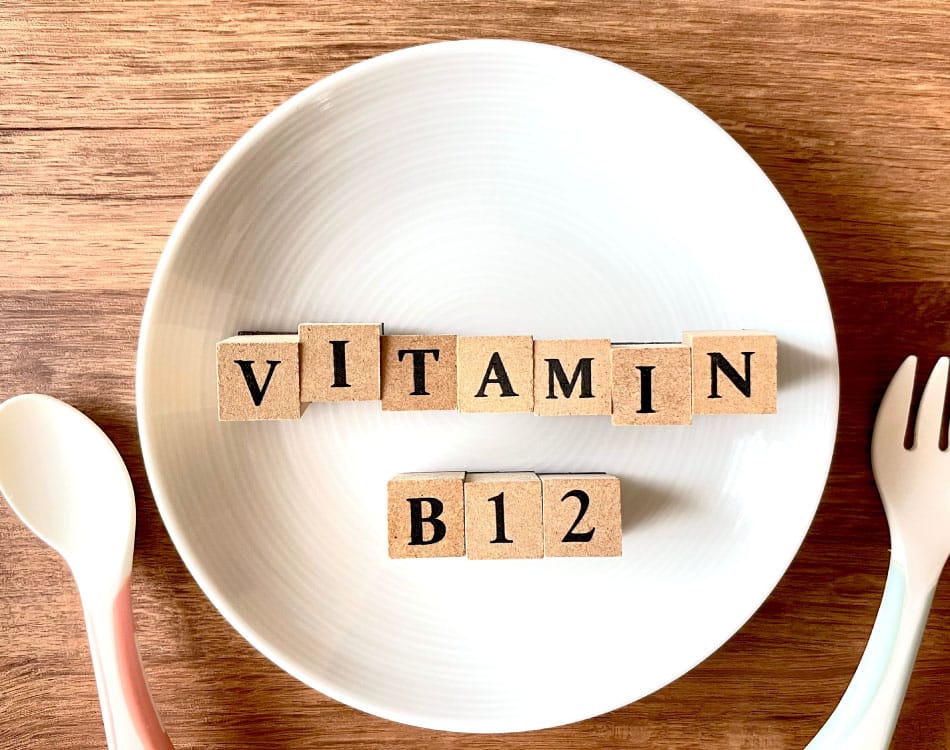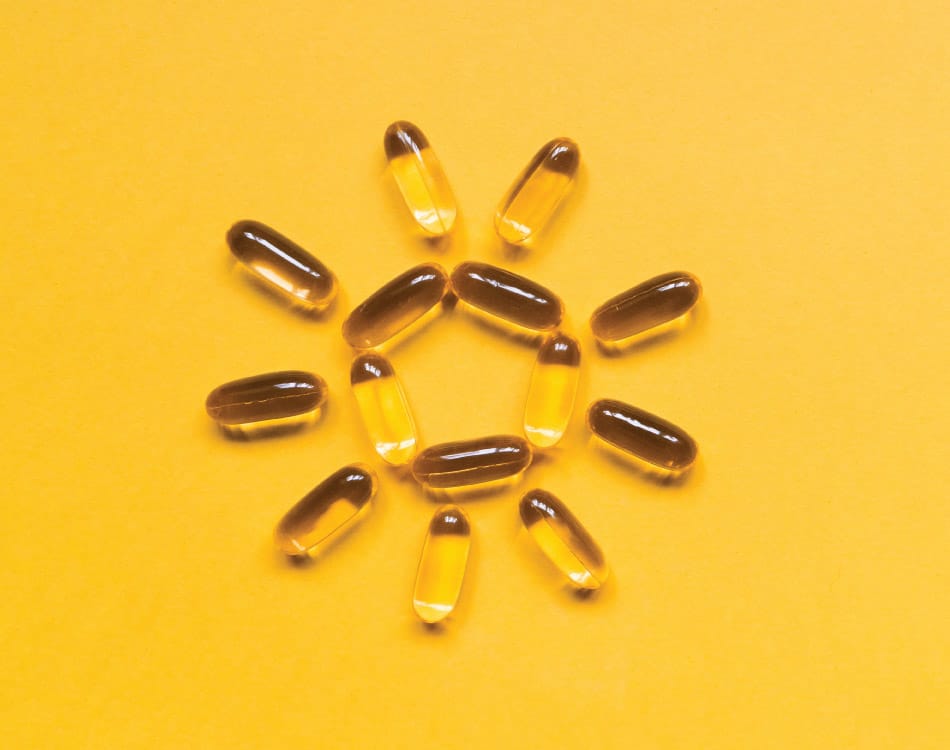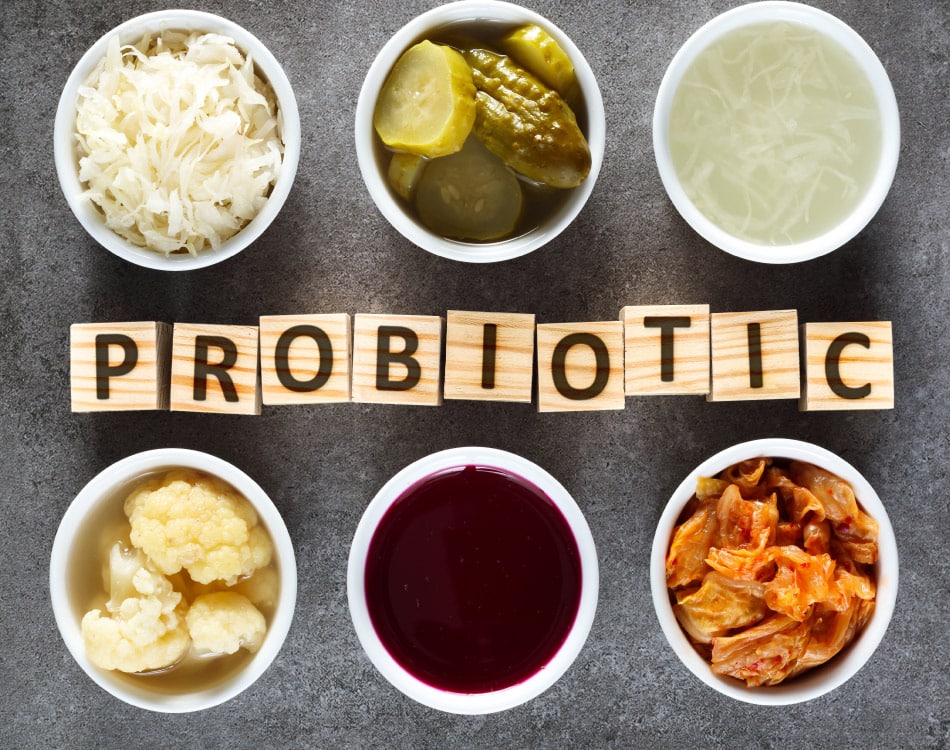New Biogen Green Tea Extract is a versatile product offering a range of potential health and weight-loss benefits.
Derived from the leaves of Camellia sinensis, green tea extract is a source of antioxidants that help protect cells against the oxidative damage caused by free radicals.
READ MORE | How Antioxidants Help Your Health And Recovery
Antioxidant Powerhouse
Green tea extract’s antioxidant prowess stems from its rich polyphenol content, particularly epigallocatechin gallate (EGCG)1.
These antioxidants neutralise free radicals, which are unstable molecules that can damage cells and DNA, leading to various health issues, including various age-related diseases1, heart disease and diabetes2.
New Biogen Green Tea Extract is formulated with 95 % polyphenol green tea extract, delivering 500 mg per serving, which may offer support for cellular health.
READ MORE | What Makes A Good Fat Burner?
Promoting fat loss
Green tea extract is a popular ingredient often included in thermogenic fat-loss supplement formulations.
Many of these potential benefits also stem from EGCG, which has been found to enhance metabolism by increasing the rate at which your body burns calories3, and this thermogenic effect can contribute to fat loss over time.
Another way green tea extract promotes fat loss is by facilitating fat oxidation4, which encourages the body to use stored fat as an energy source, making it a valuable tool for those looking to shed excess pounds.
The combination of catechins and caffeine found in green tea extract may also help control appetite5 and Biogen Green Tea Extract contains 25 mg caffeine per capsule. This can lead to reduced calorie intake, further aiding fat loss.
D 34.8 Polyphenols. Health Supplement. This unregistered medicine has not been evaluated by SAHPRA for its quality, safety or intended use.
References:
- Chu, C., Deng, J., Man, Y., & Qu, Y. (2019). Green tea extracts epigallocatechin-3-gallate for different treatments. BioMed research international, 2019.
- Khurana, S., Venkataraman, K., Hollingsworth, A., Piche, M., & Tai, T. C. (2013). Polyphenols: benefits to the cardiovascular system in health and in aging. Nutrients, 5(10), 3779-3827.
- Hursel, R., Viechtbauer, W., Westerterp-Plantenga, M. S. (2009). The effects of green tea on weight loss and weight maintenance: a meta-analysis. International Journal of Obesity, 33(9), 956-961.
- Klaus, S., Pultz, S., Thone-Reineke, C., Wolfram, S. (2005). Epigallocatechin gallate attenuates diet-induced obesity in mice by decreasing energy absorption and increasing fat oxidation. International Journal of Obesity, 29(6), 615-623.
- Westerterp-Plantenga, M. S., Lejeune, M. P., Kovacs, E. M. (2005). Body weight loss and weight maintenance in relation to habitual caffeine intake and green tea supplementation. Obesity Research, 13(7), 1195-1204.

